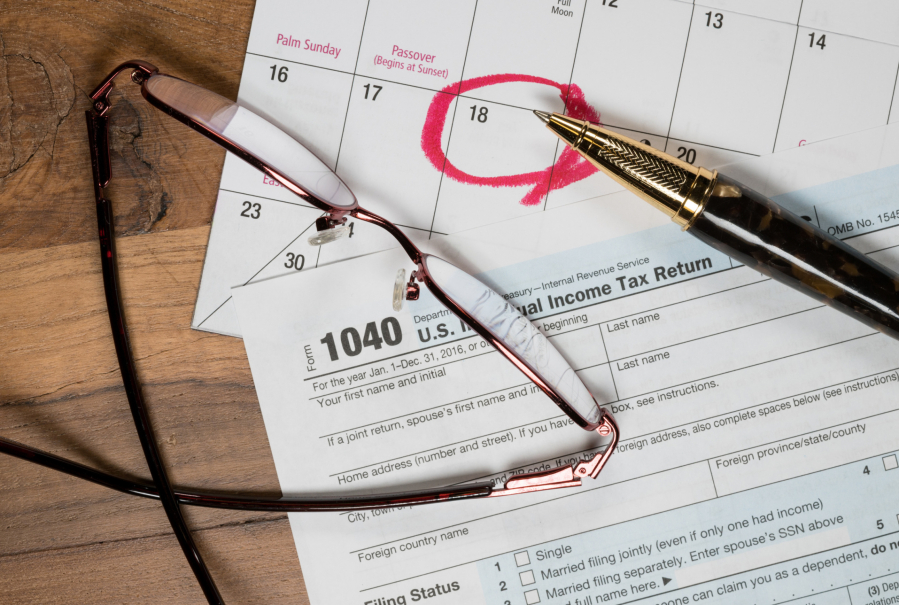Who pays
U.S. residents paid Uncle Sam an average of $8,943 per person in federal income, payroll and estate taxes in 2016.
A look at how the District of Columbia and the states rank in per capita federal taxes:
1. District of Columbia: $36,569
2. Delaware: $16,322
3. Minnesota: $14,624
4. Massachusetts: $14,516
5. Connecticut: $13,773
6. New Jersey: $12,852
7. New York: $11,758
8. Illinois: $10,814
9. Ohio: $10,735
10. Maryland: $10,455
11. Rhode Island: $10,316
12. Washington: $9,669
13. Nebraska: $9,566
14. California: $9,305
15. Pennsylvania: $9,179
16. Colorado: $9,030
17. Missouri: $8,986
18. North Dakota: $8,621
19. Louisiana: $8,490
20. Tennessee: $8,481
21. South Dakota: $8,398
22. Florida: $8,366
23. Virginia: $8,323
24. Arkansas: $8,318
25. New Hampshire: $8,180
26. Wisconsin: $8,115
27. Texas: $7,858
28. Indiana: $7,694
29. Kansas: $7,676
30. Michigan: $7,405
31. Oregon: $7,268
32. Georgia: $7,211
33. Alaska: $7,171
34. North Carolina: $7,133
35. Wyoming: $7,128
36. Iowa: $7,026
37. Kentucky: $6,848
38. Vermont: $6,728
39. Nevada: $6,372
40. Utah: $6,291
41. Oklahoma: $5,803
42. Idaho: $5,769
43. Hawaii: $5,505
44. Montana: $5,504
45. Arizona: $5,446
46. Maine: $5,432
47. Alabama: $4,874
48. South Carolina: $4,685
49. New Mexico: $4,032
50. Mississippi: $3,901
51. West Virginia: $3,616
Sources: IRS, Census Bureau



